The family behind Augustine’s Antiques have been collecting rare and beautiful objects from throughout Myanmar’s history for more than 50 years.
In a cramped, two-story house in Yangon’s Kamayut Township, antique dealer and former archaeology student Marcus Augustine weaves between rows of wooden statues and stacks of ceramics and silverware, showing off the array of artifacts his family has amassed over the last five decades.
The house is one of two buildings that make up Augustine’s Antiques. The other is a multi-story, colonial-style mansion that serves as an office and home for the Augustine family, as well as an extended showroom, where items are priced between US$2 and US$12,000.
“This started as just a little place,” Marcus told Coconuts during a recent visit to the showroom. As the family history goes, when Marcus’s father was a teenager in the 1960s, he worked as a fixer for the military attaché at the US embassy, occasionally helping foreign diplomats buy antiques from local dealers who could not speak English. Instead of taking a commission on the sales, he asked the dealers to give him antiques. These were the first of his soon-to-be vast collection.
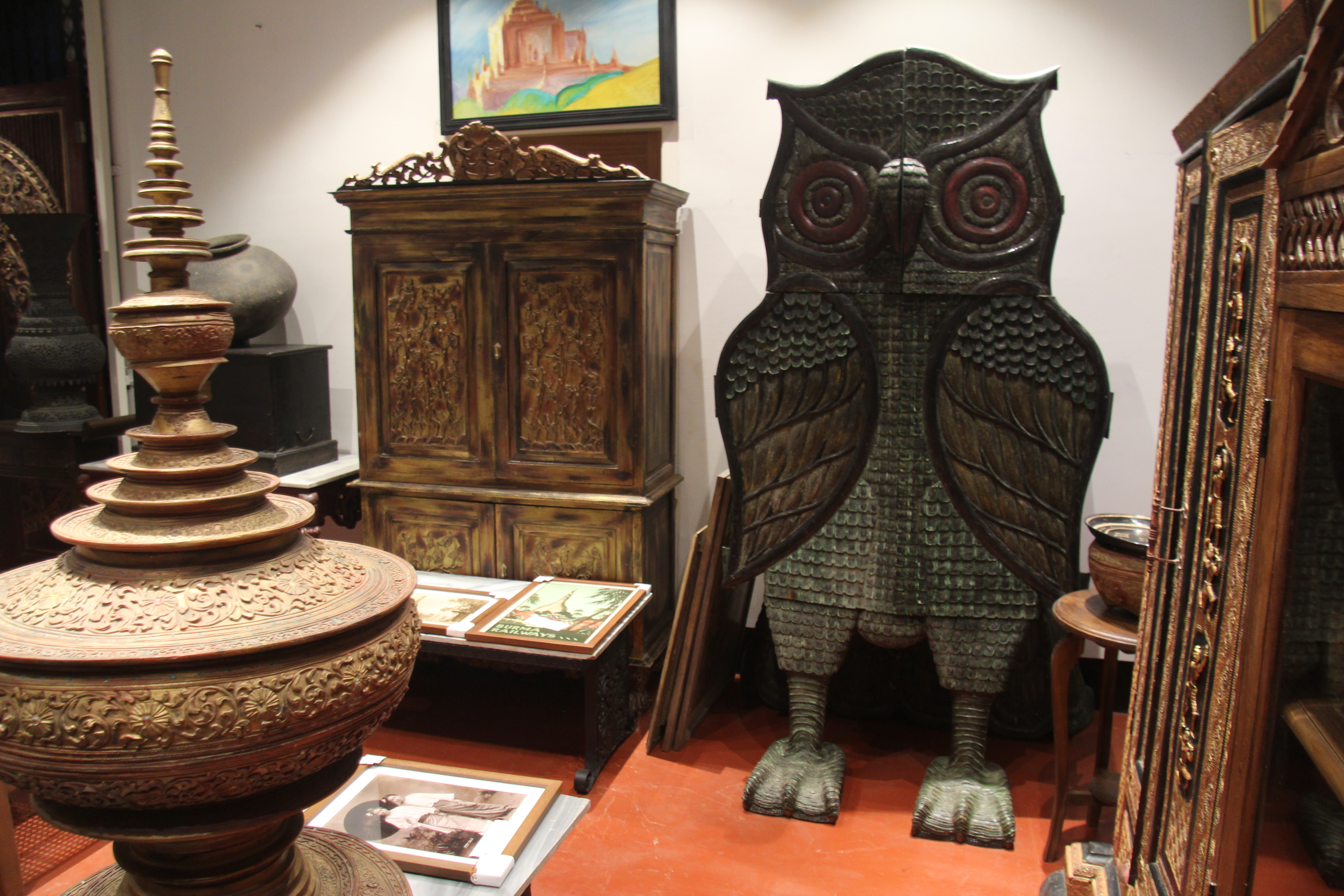
When the attaché was planning to leave Burma, he offered the elder Augustine the chance to start a new life in the United States. But the young man declined, asking instead that the American introduce him to other foreign diplomats and businesspeople so that he could build relationships with potential antique buyers. The attaché agreed to bring the aspiring dealer to a series of farewell dinners, where he introduced him to an international coterie of future customers.
Fifty years later, the Augustine family still reaps the rewards of its international reputation. When Chinese dissident artist Ai Weiwei came to Myanmar in July to advocate for the rights of elephants and displaced people, his local friends referred him to Augustine’s, where the artist bought a wooden chess set that was hand-carved in the 1960s.
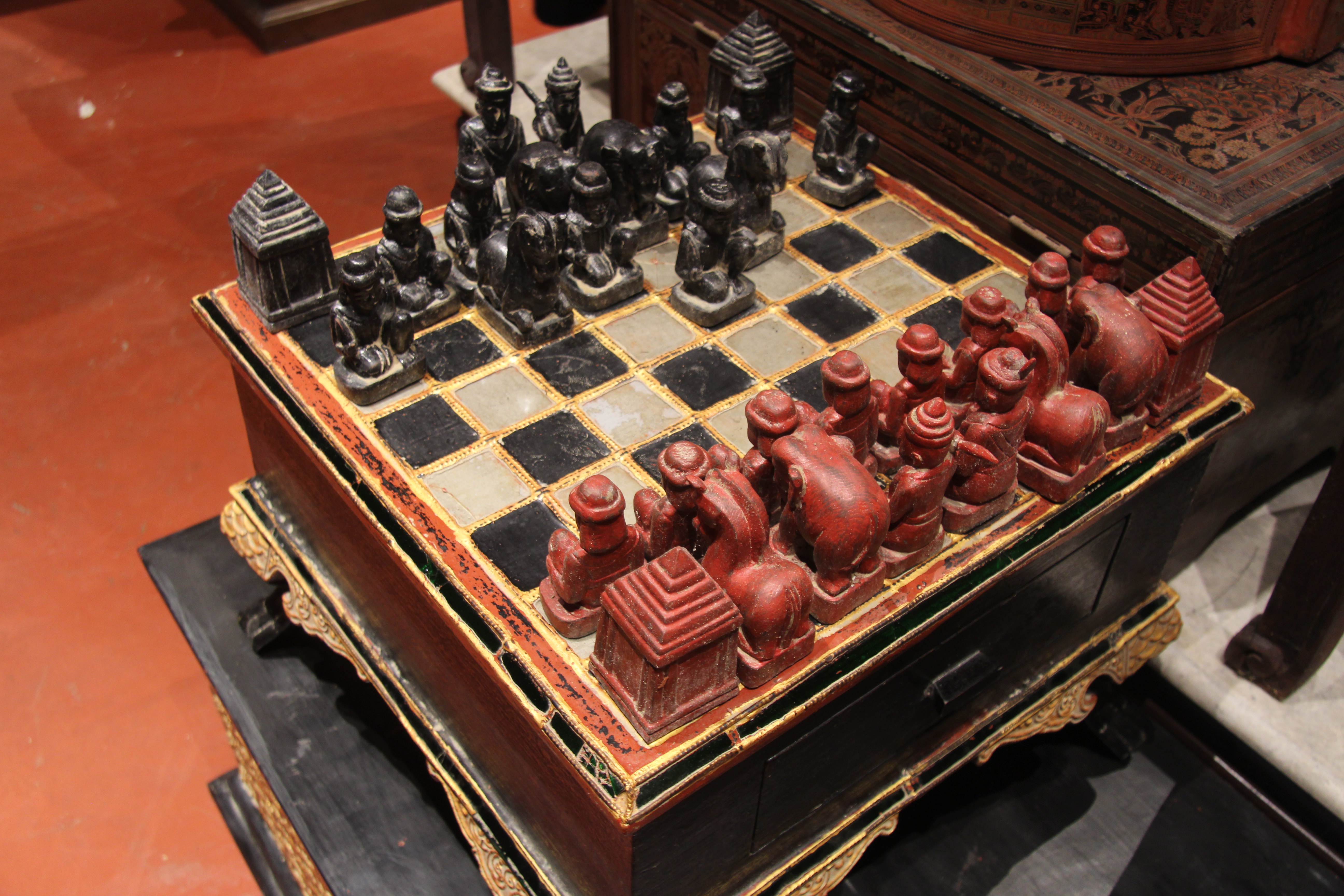
Many of the items at Augustine’s are not technically antiques. Under Myanmar law, an antique must have been created before Jan. 1, 1886 or must be considered a “cultural heritage”, and these must be registered with the government. Augustine’s does not carry any cultural heritage items because, as Marcus says, these belong to the country. Instead, it focuses on items that were mass-produced in ages gone by – items that are sought-after for both their scarceness and their craftsmanship. These include colonial-era cars and gadgets, pre-communist Chinese ceramics, and enormous teak carvings that adorned the homes of wealthy Burmese families a century ago.
Much of Augustine’s stock comes from estate sales around the country, and sometimes, Marcus buys antique doors and ceilings from demolition teams who salvage them before tearing down heritage buildings. Many of his sources have been supplying him for years, but the industry is changing.
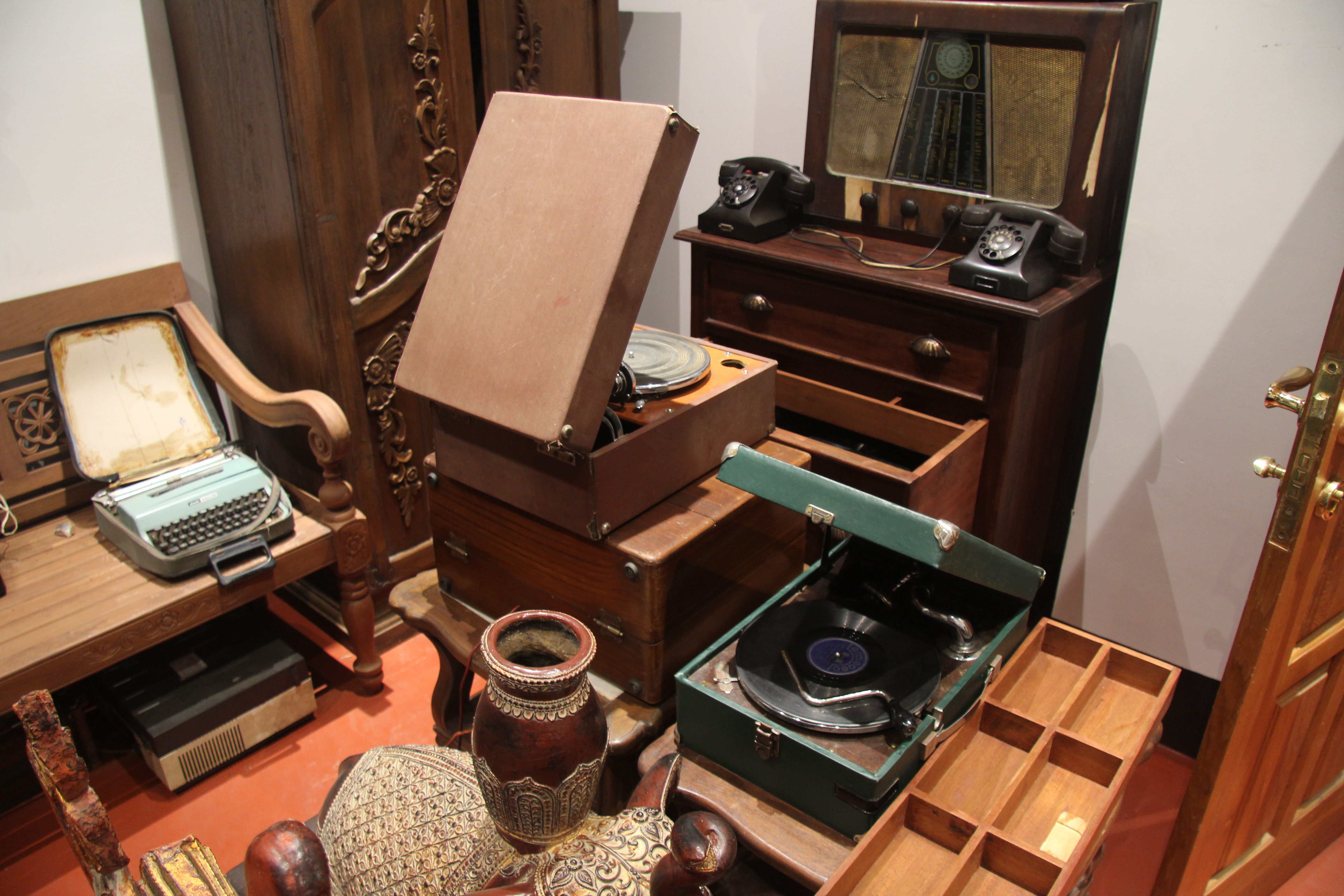
Marcus says it used to be easier to strike a deal with a supplier because “Burmese people don’t like antiques; they are scared of spirits”. But since the internet has drawn Myanmar out of isolation, families with antiques are sometimes “overeducated” about their possessions, demanding prices that exceed their value.
Another challenge is waning interest in antiques among younger people. “The younger generation is more minimalist,” Marcus said, admitting that even he only has a few pieces in his home, and these are more sentimental than valuable. Furthermore, with no children of his own, the future of the Augustine family business is uncertain.
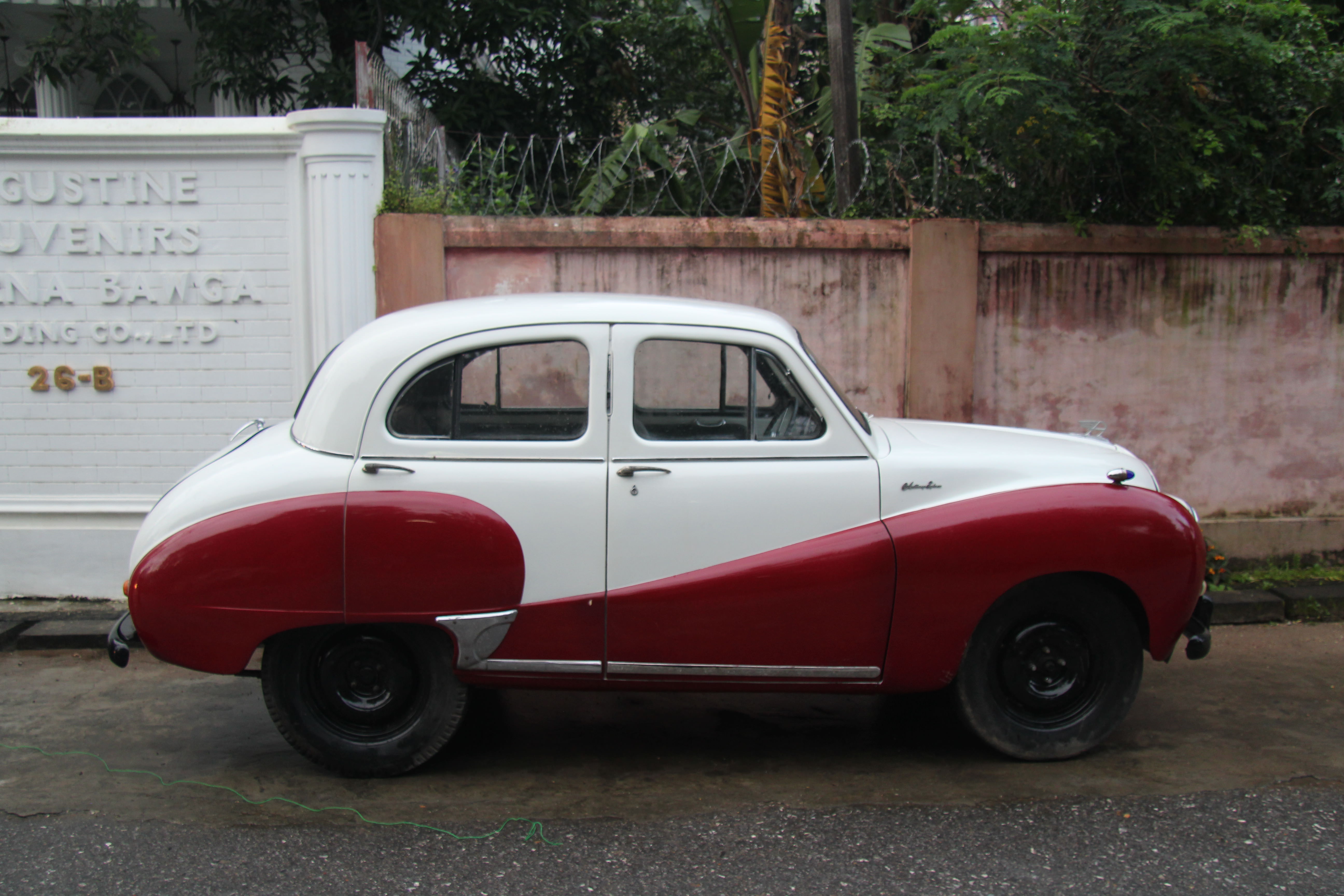
But even with meager profit margins, Marcus is able to keep his alive the antique empire his father founded and focus on collecting the pieces that interest him the most.
Quoting the elder Augustine, who can still be found in the shop from time to time, Marcus said: “These things existed before us, and they will exist after us. We are just stewards, and we have a chance to enjoy them. Don’t fall in love and don’t try to possess these things. Just try to enjoy them, and then let them go.”
Augustine’s Antiques is located at 25 Attiyar St. (Thirimingalar St.) in Kamayut Township, Yangon.
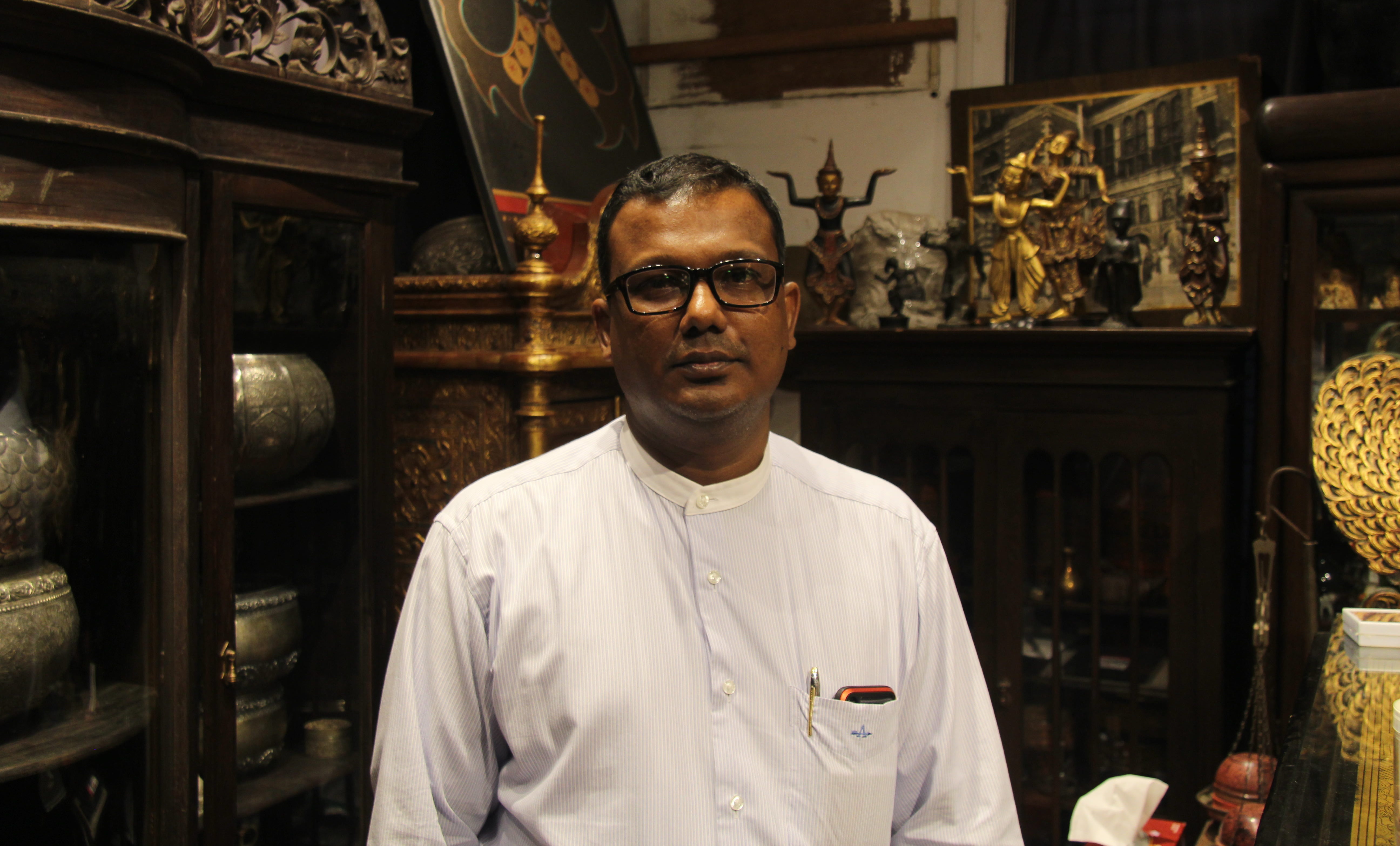


Reader Interactions